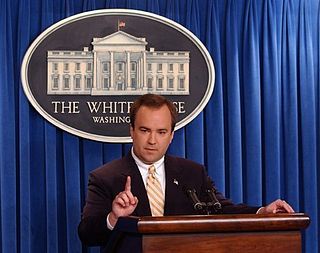A Quote by Joe Lieberman
When Saddam Hussein's Iraqi forces invaded Kuwait in 1990, I felt America's post-Cold War commitment to national principles and international leadership was on the line. I was dismayed by the wide opposition among my fellow Democrats. To me, their position was wrong.
Related Quotes
There's no telling what might have happened to our defense budget if Saddam Hussein hadn't invaded Kuwait that August and set everyone gearing up for World War II. Can we count on Saddam Hussein to come along every year and resolve our defense-policy debates? Given the history of the Middle East, it's possible.
The person who will decide whether or not there will be war or peace is Saddam Hussein, and all he has to do is give up these terrible weapons that he has used to kill fellow Arabs, fellow Muslims in that part of the world, and to step away from his past behaviour which invaded neighbouring countries.
My position on that has been misrepresented again and again and again in the media. Let me make it clear. There are two wars in Iraq. The first one was absolutely necessary and entirely justifiable. Saddam Hussein had attacked and invaded Kuwait, a sovereign independent state, it was a blatant act of aggression, and action was justifiable and necessary. I have no problems with that at all.
It is regrettable that Senator Kennedy has chosen Veteran's Day to continue leveling baseless and false attacks that send the wrong signal to our troops and our enemy during a time of war. It is also regrettable that Senator Kennedy has found more time to say negative things about President Bush then he ever did about Saddam Hussein. If America were to follow Senator Kennedy's foreign policy, Saddam Hussein would not only still be in power, he would be oppressing and occupying Kuwait.

































